TITLE
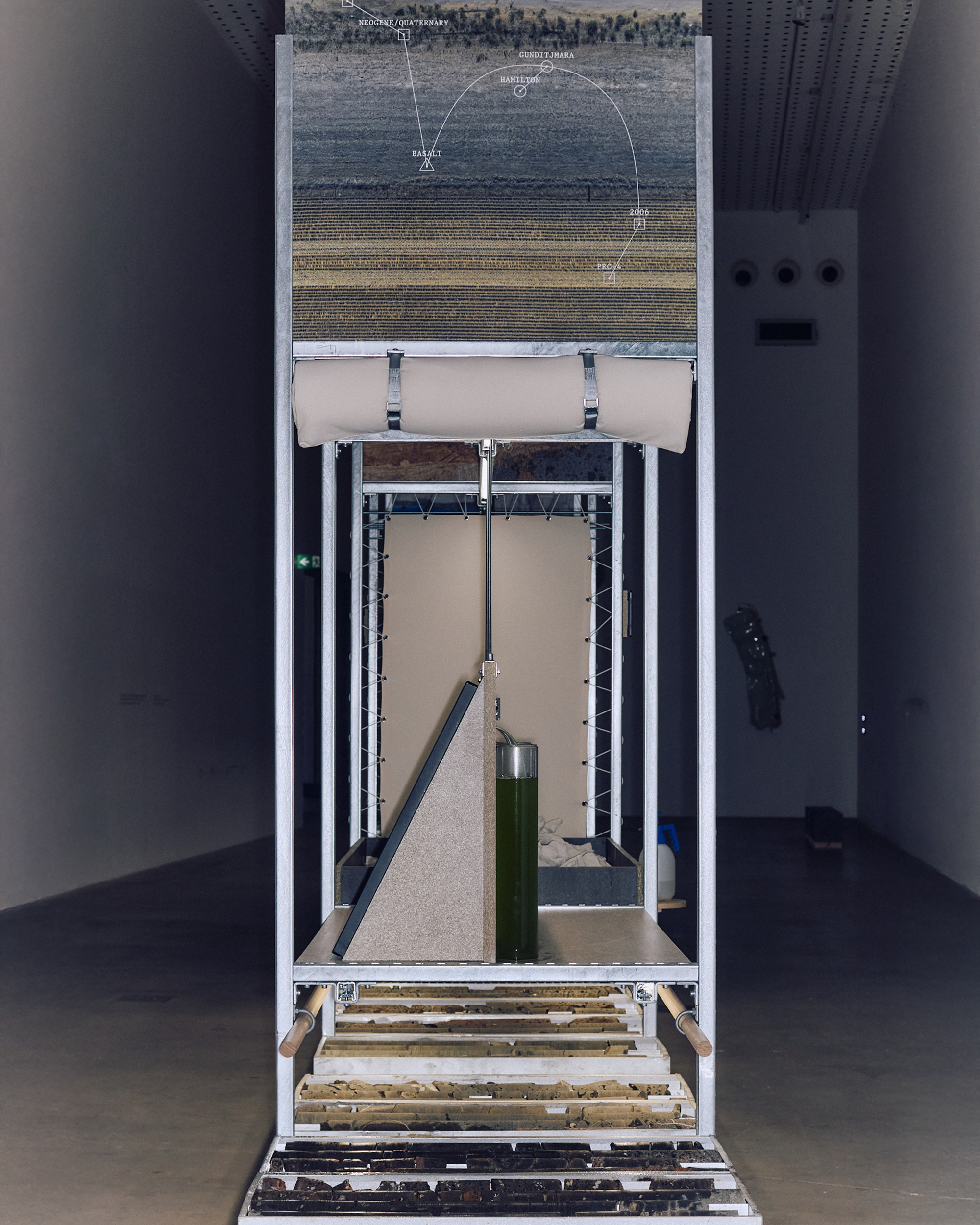
Deep Time Real Time

Built Environment Journal

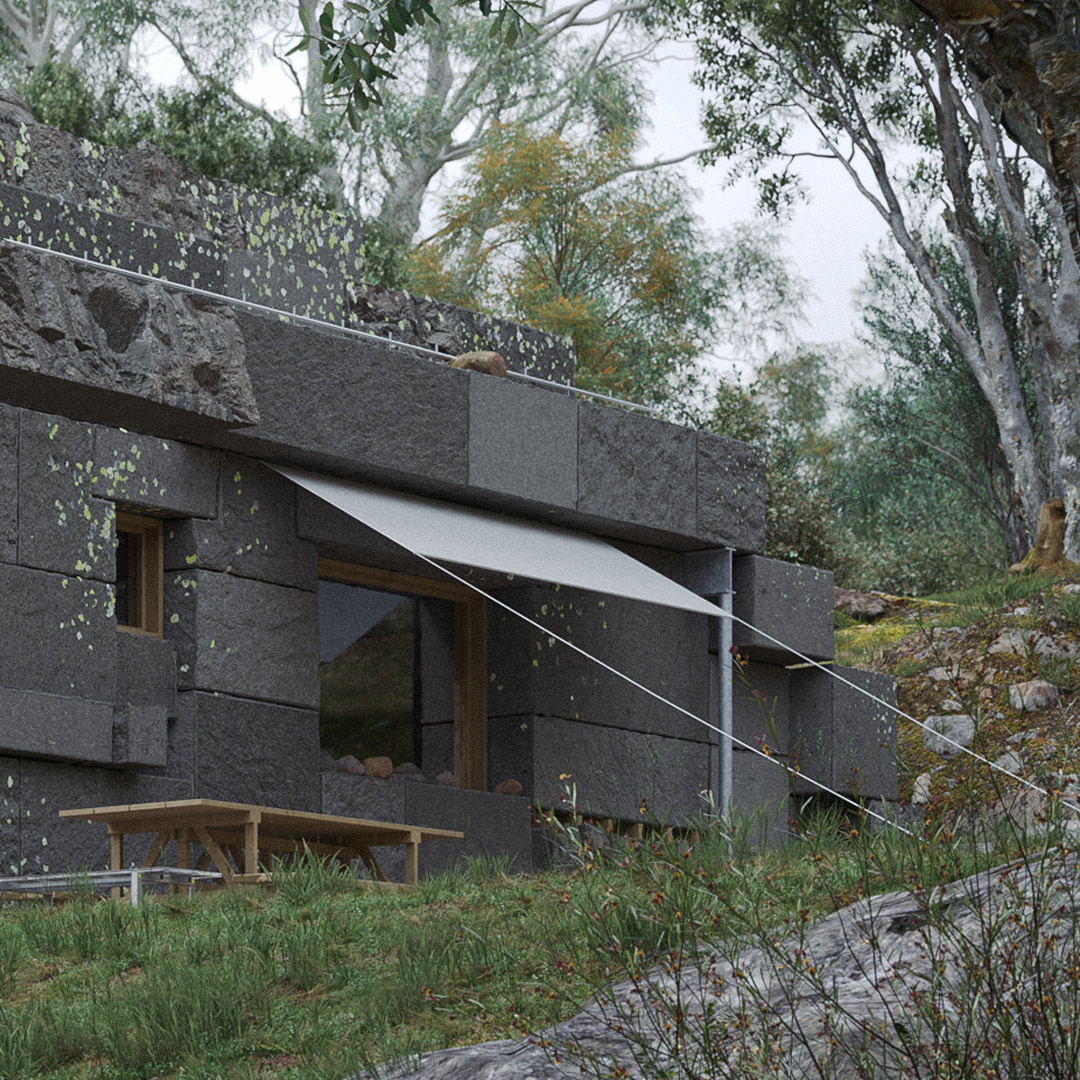
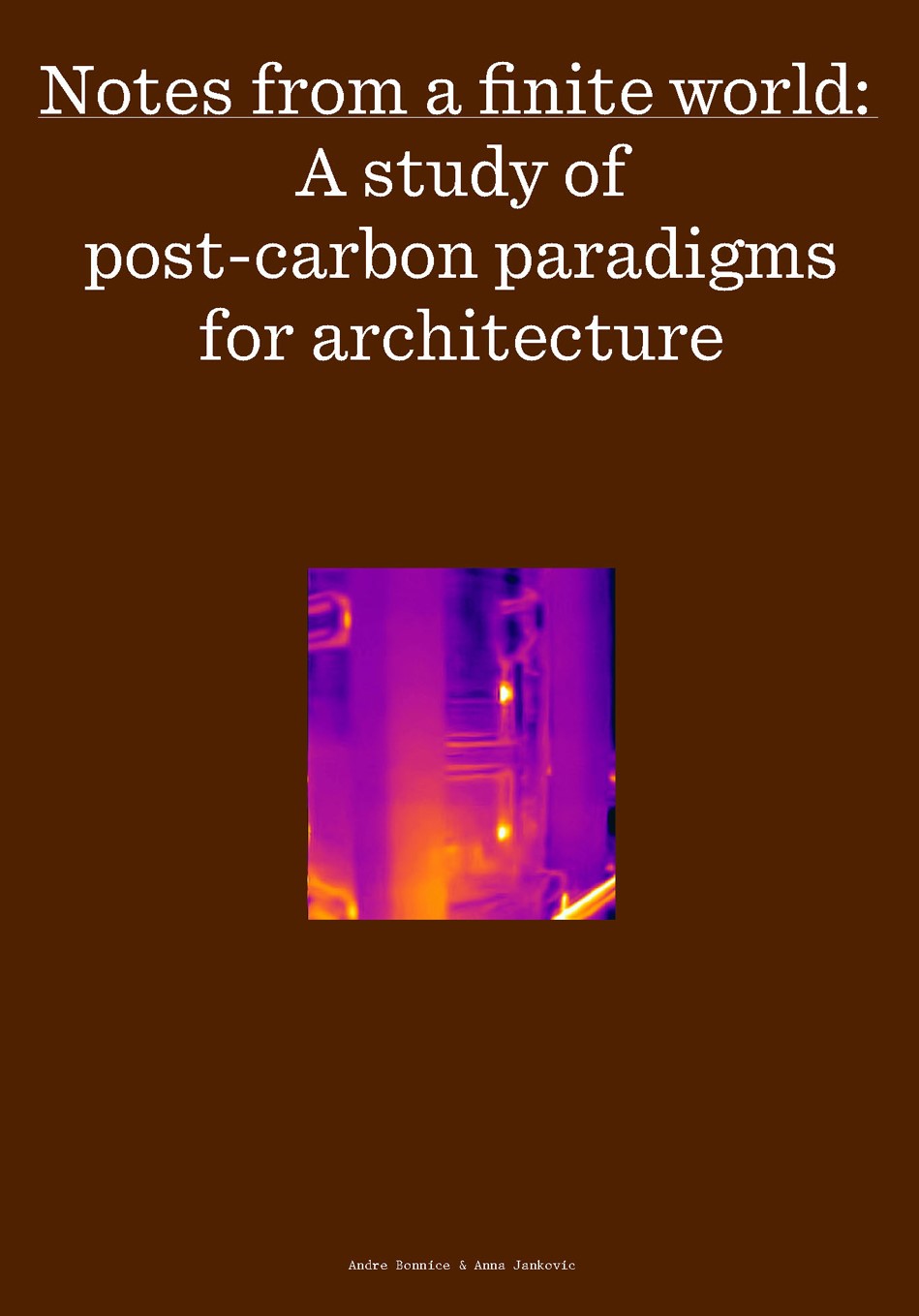
Biobased Materials


Cache
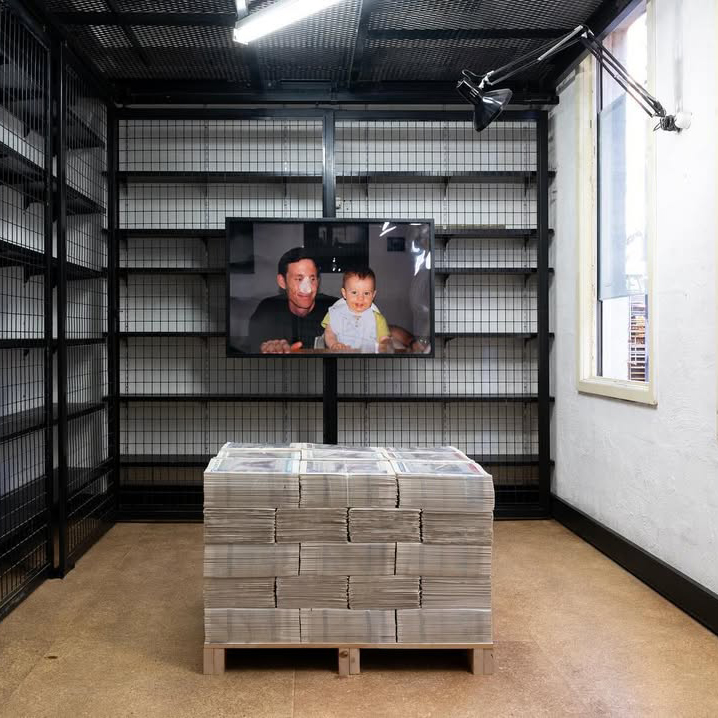

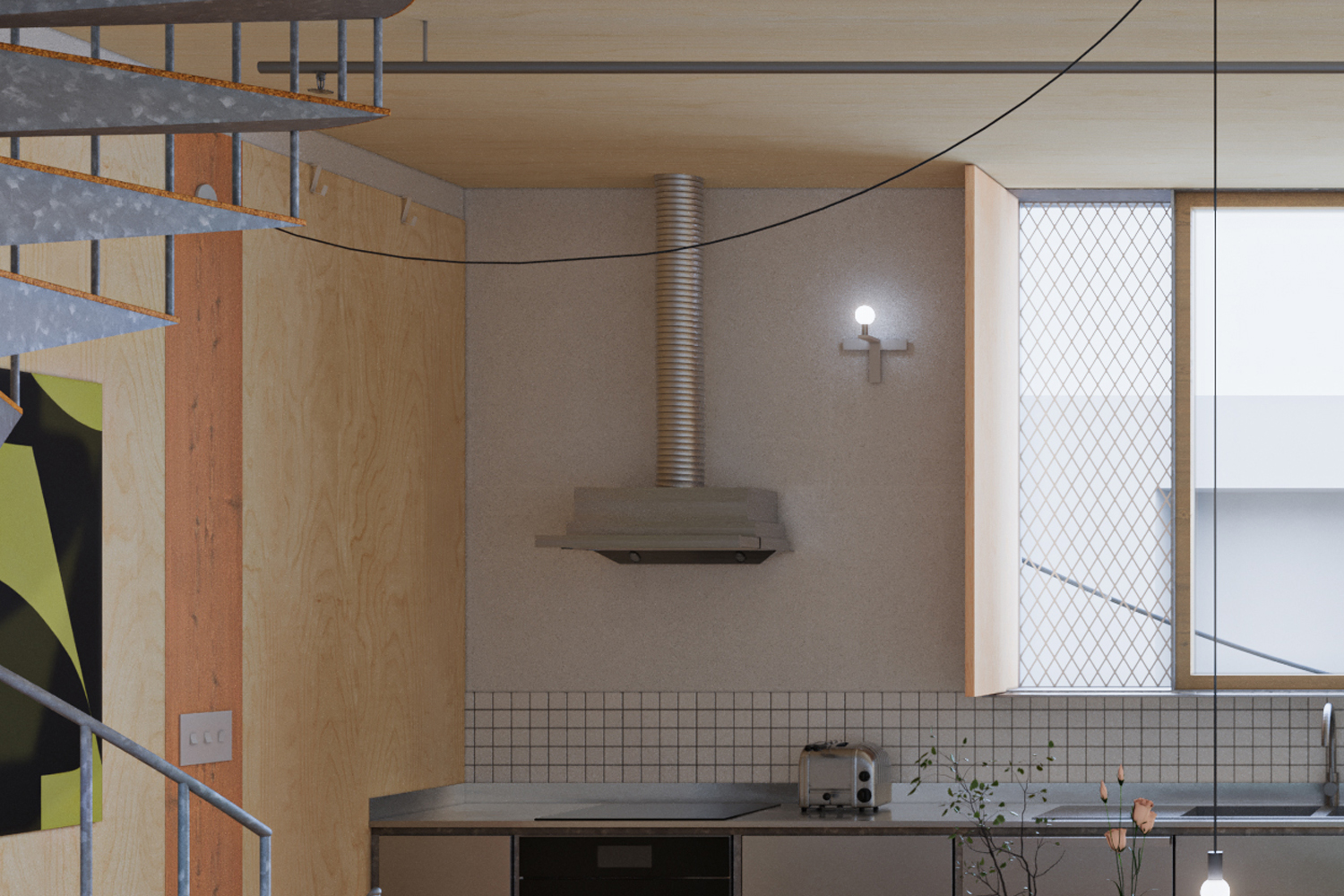
Blyth Street

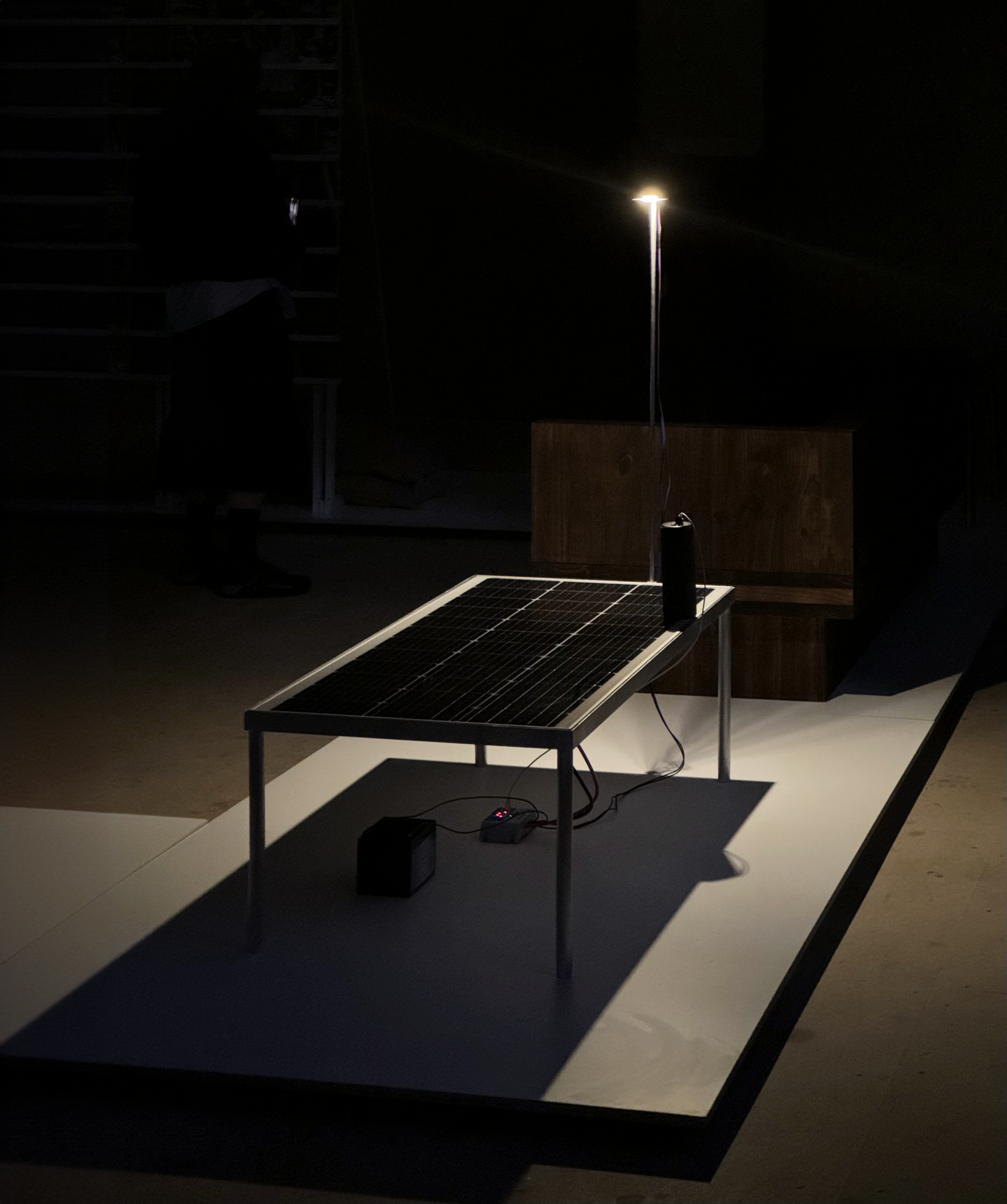
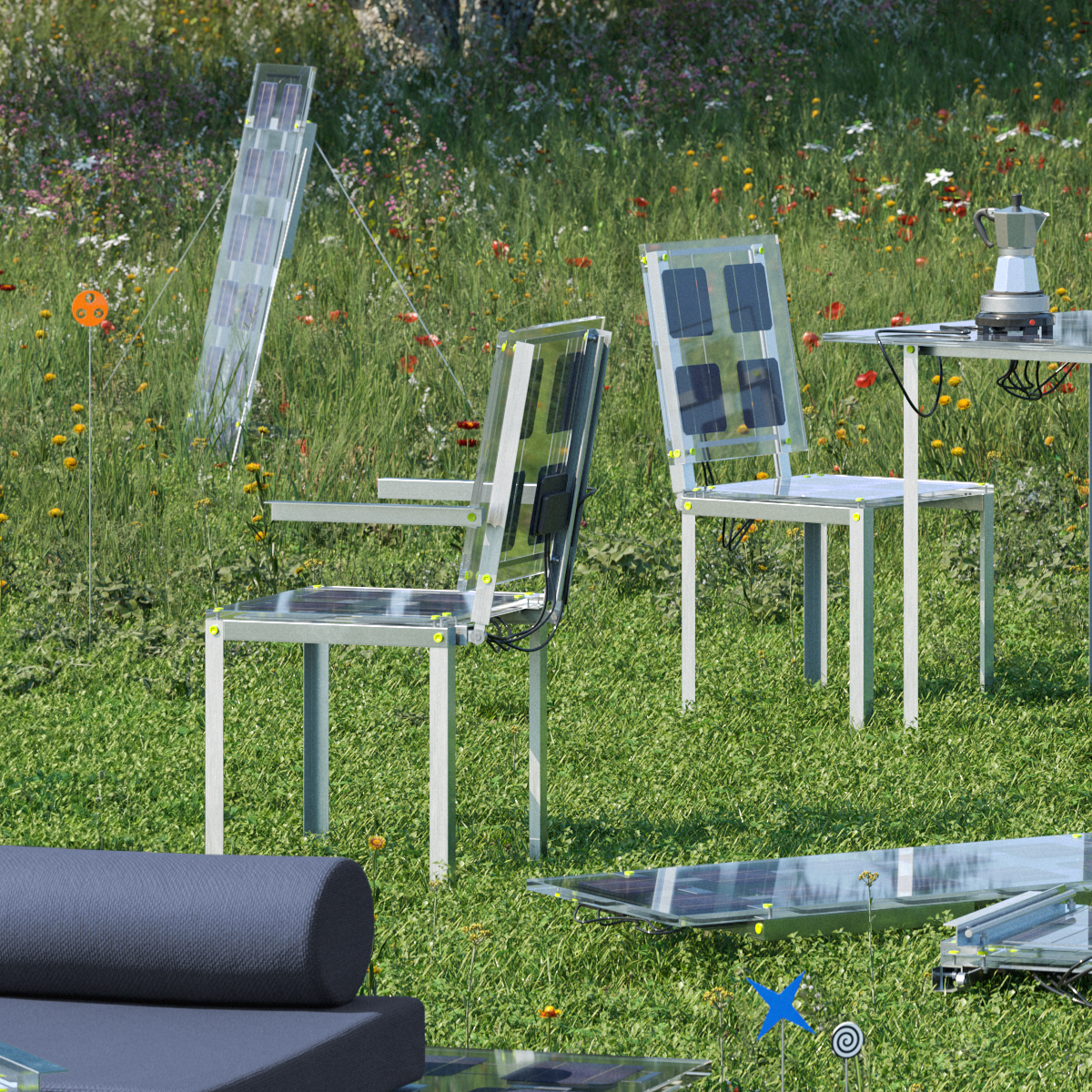
Murray to Mountain Rail Trail
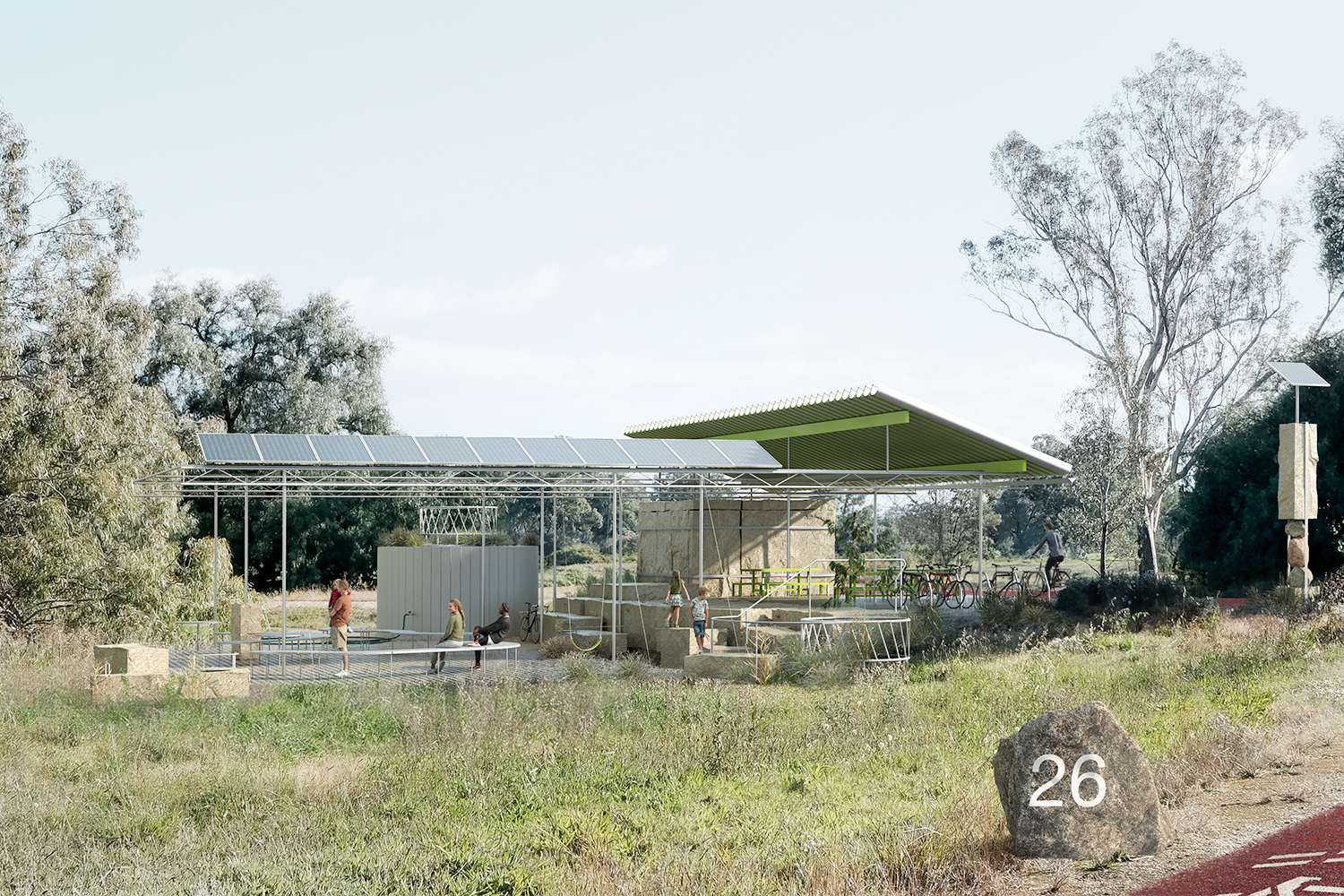
Stefanino Panino
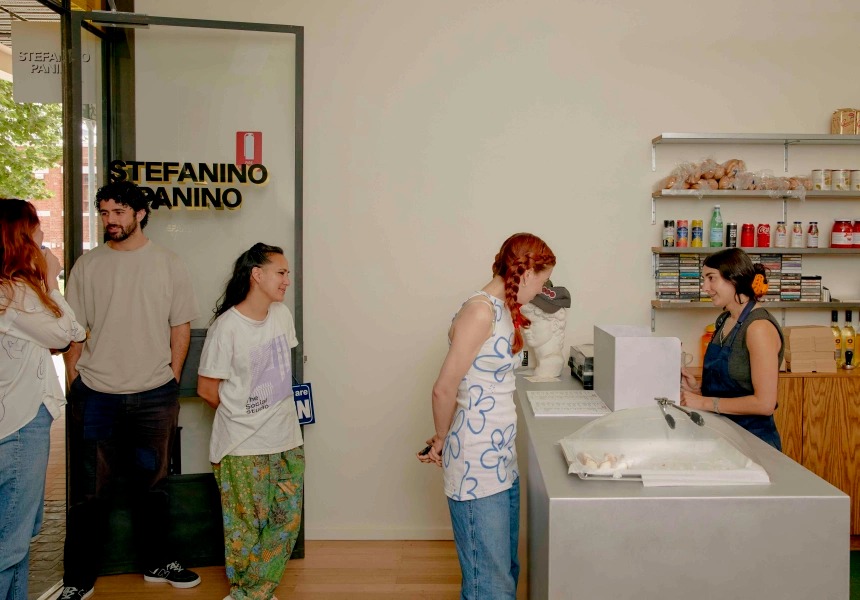
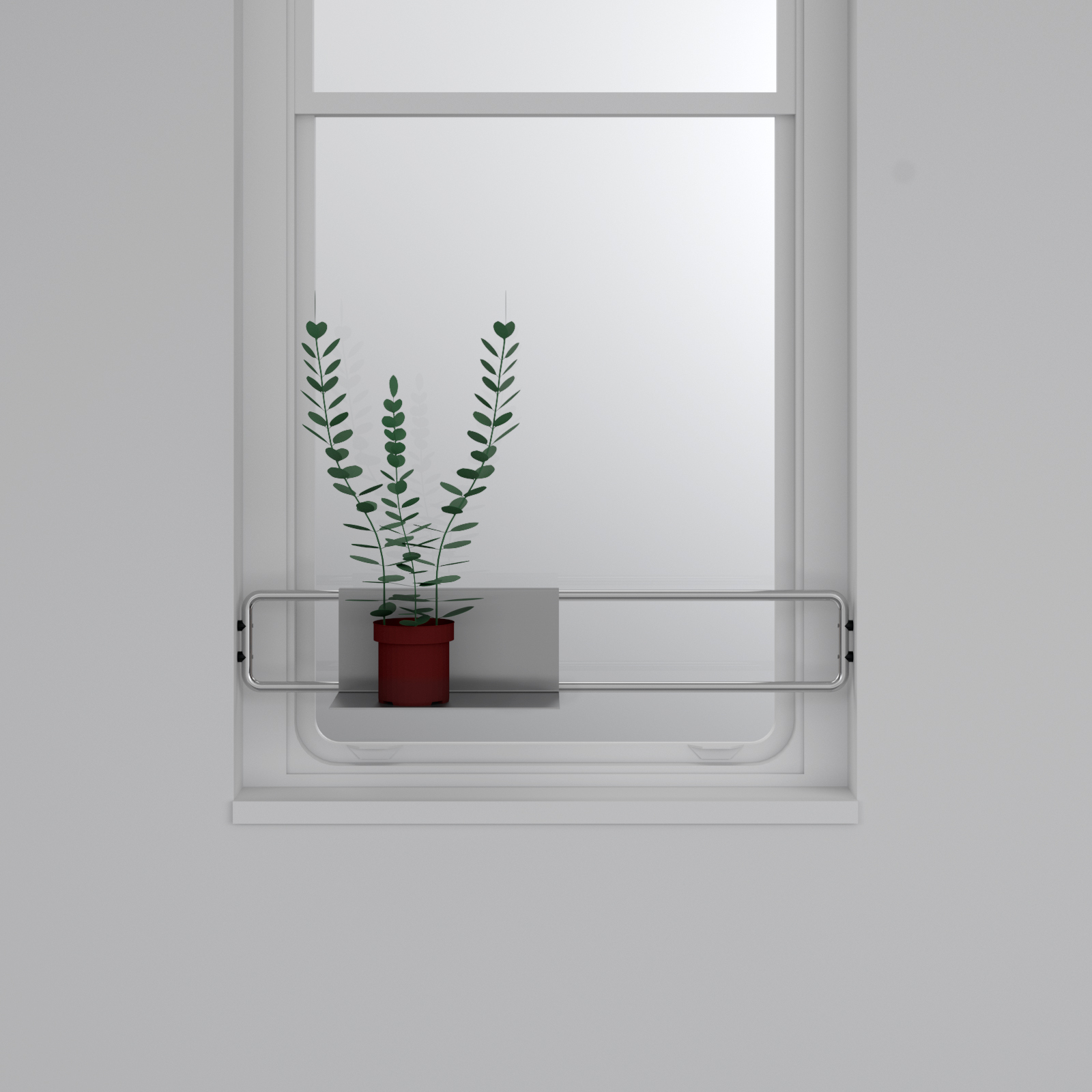
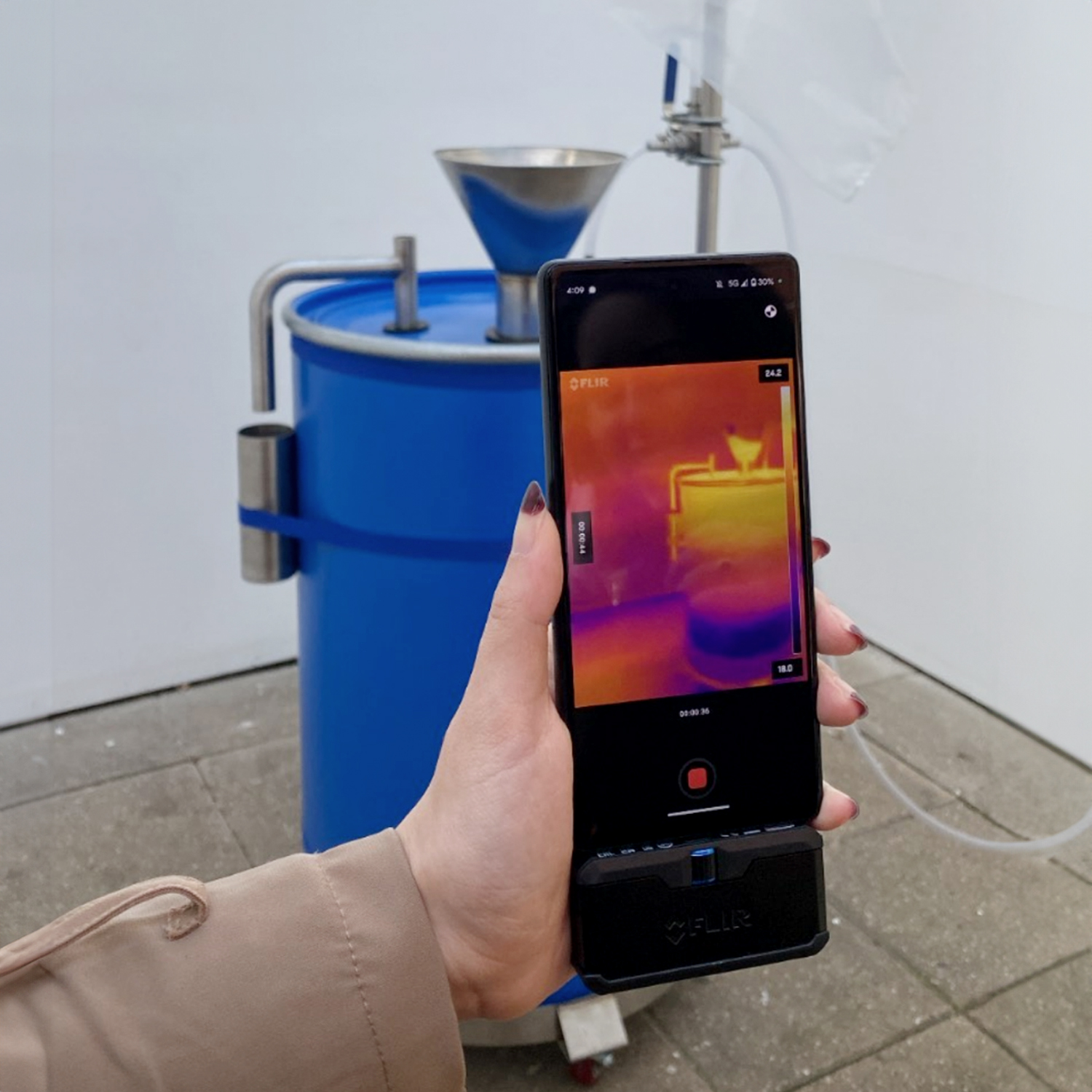
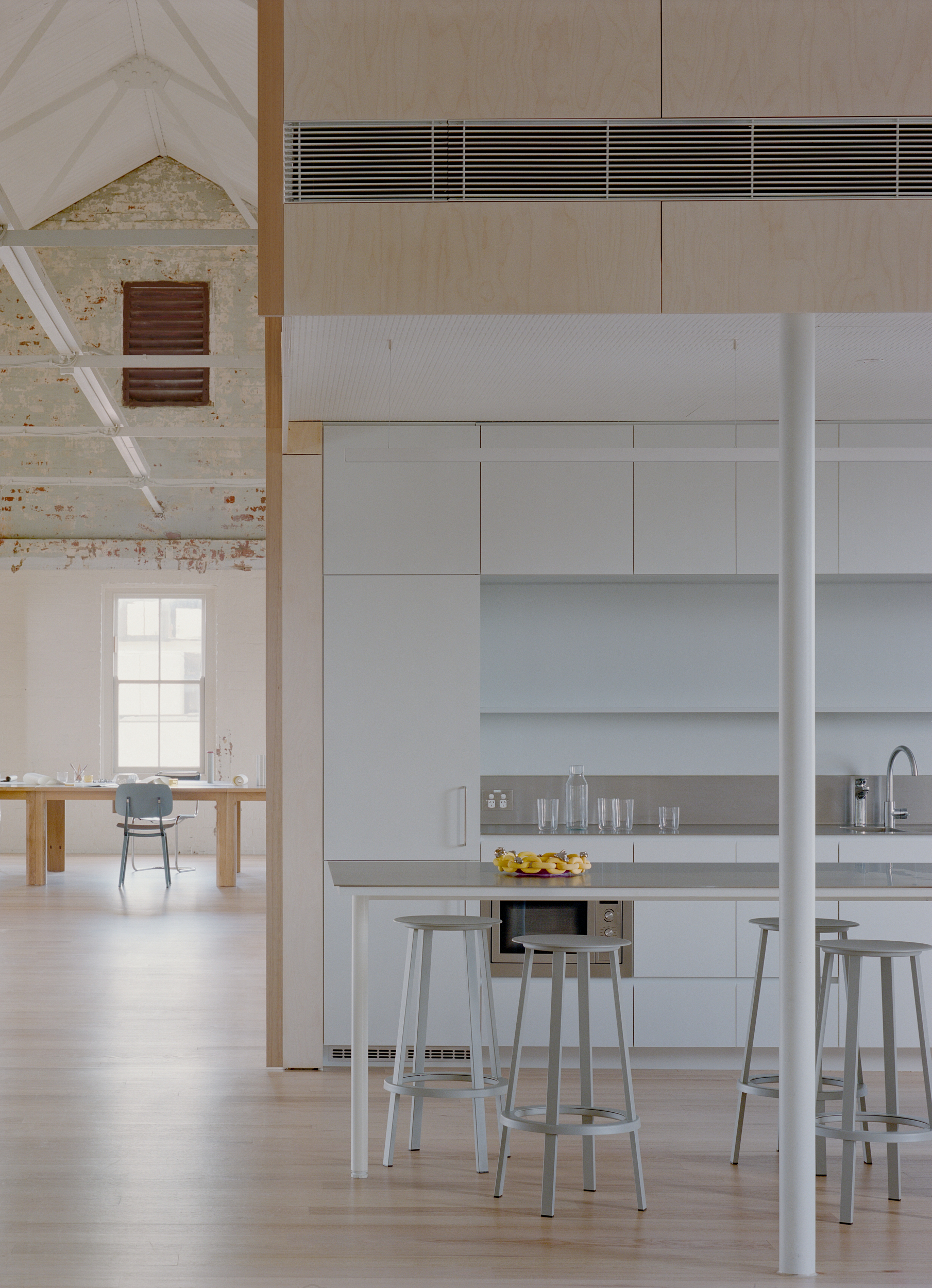
Melbourne Now
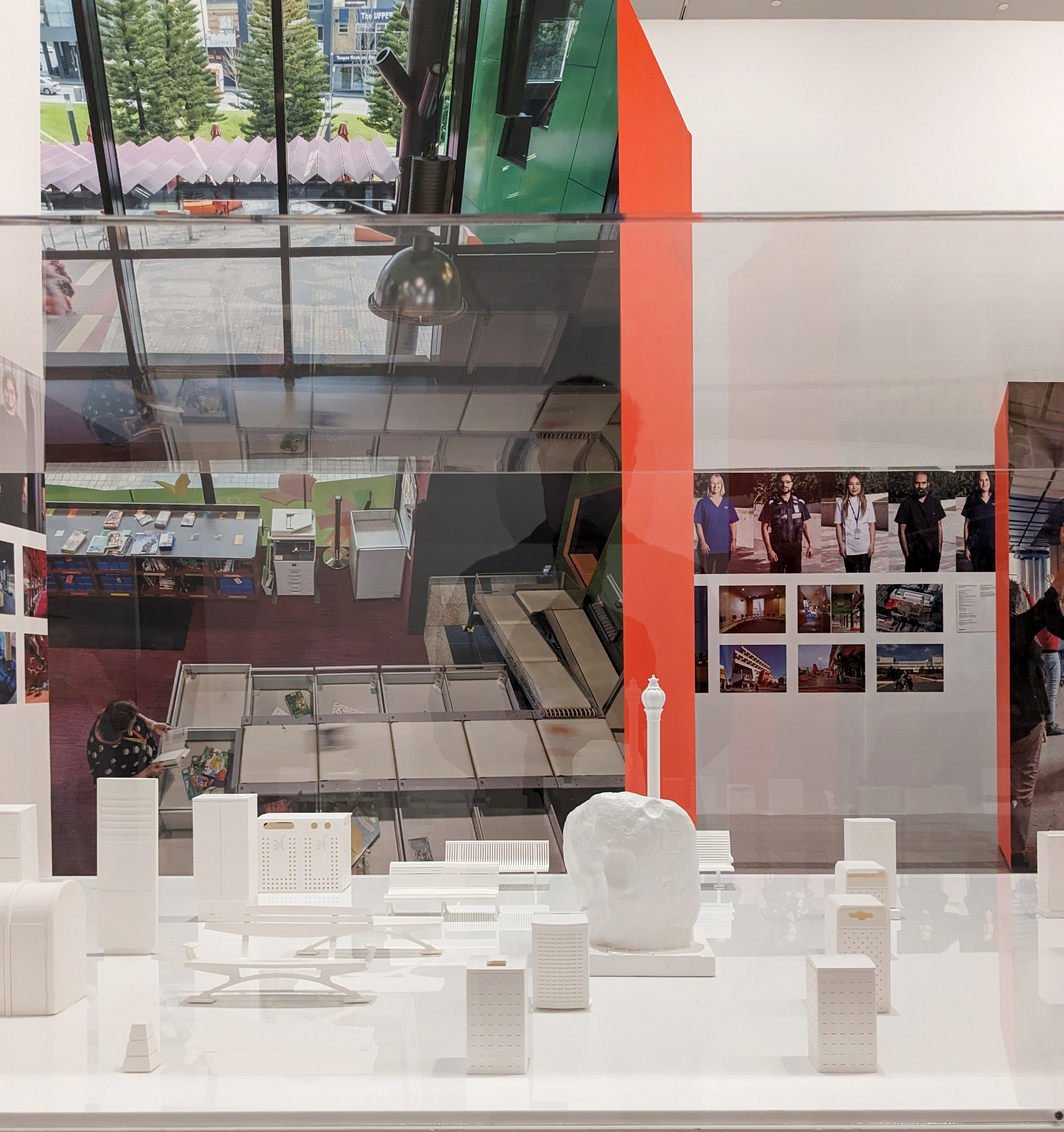
Edmond & Corrigan Office

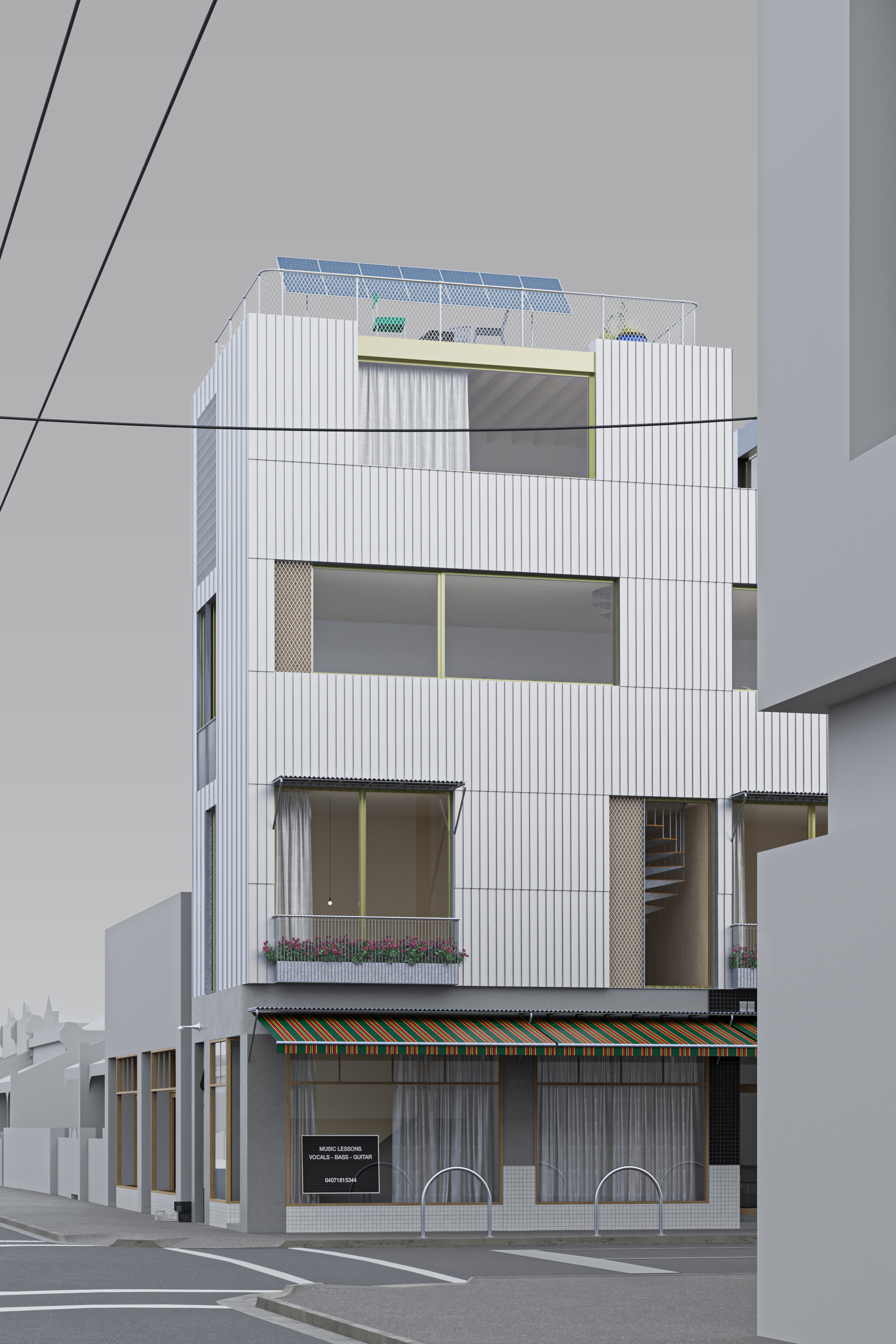
Brunswick Apartment
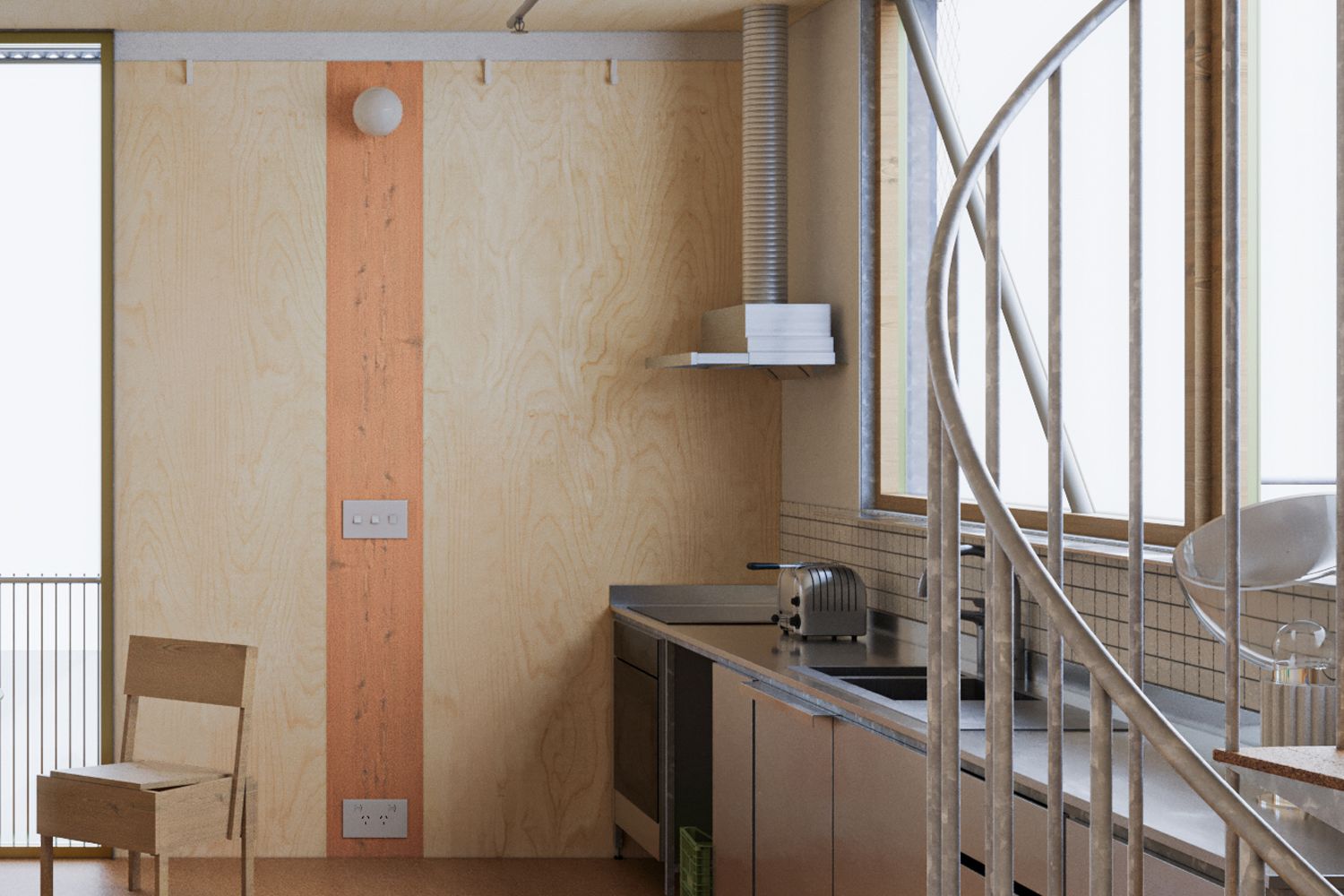
Melbourne’s Living Museum of the West

Alt.Material

Design Standards
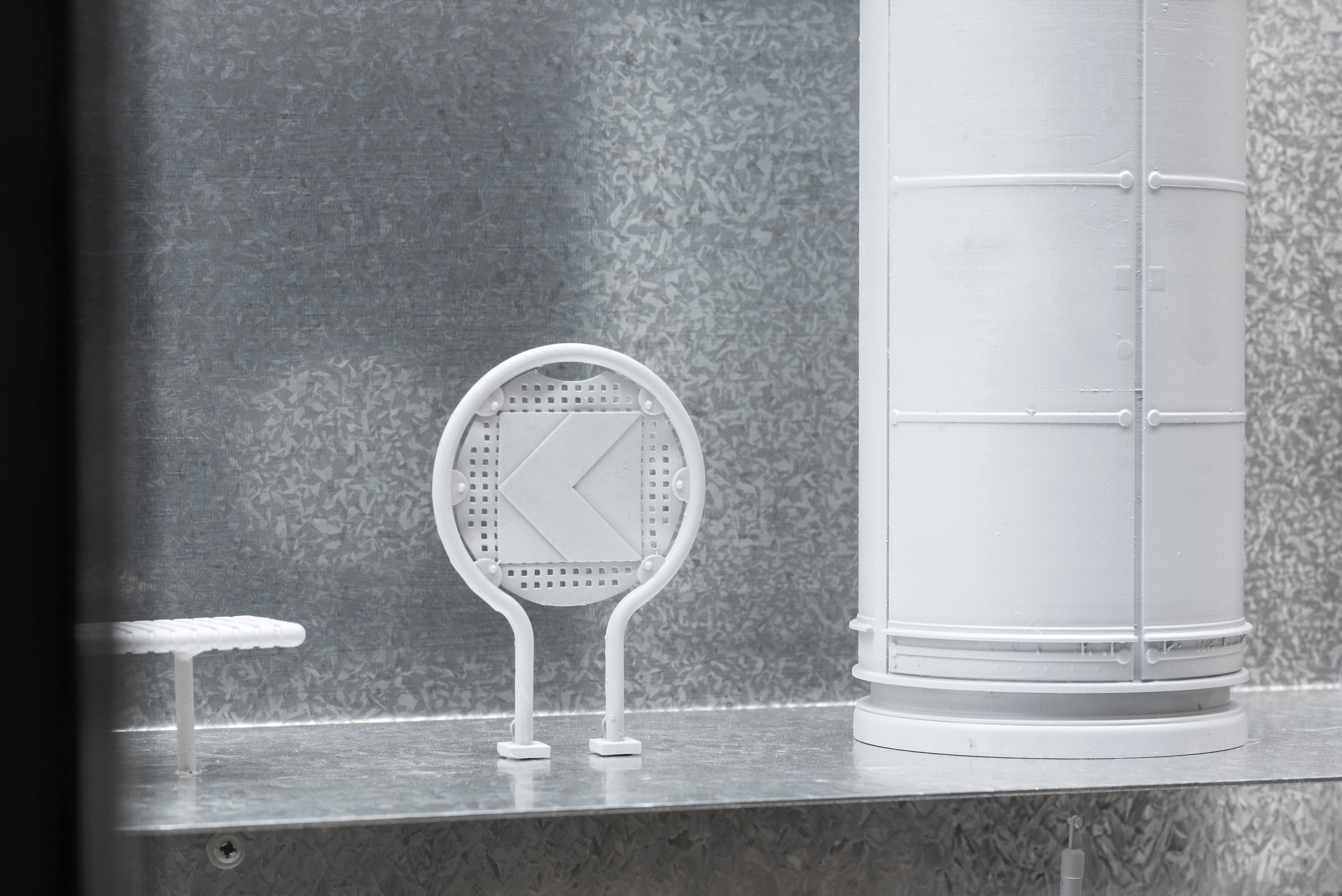
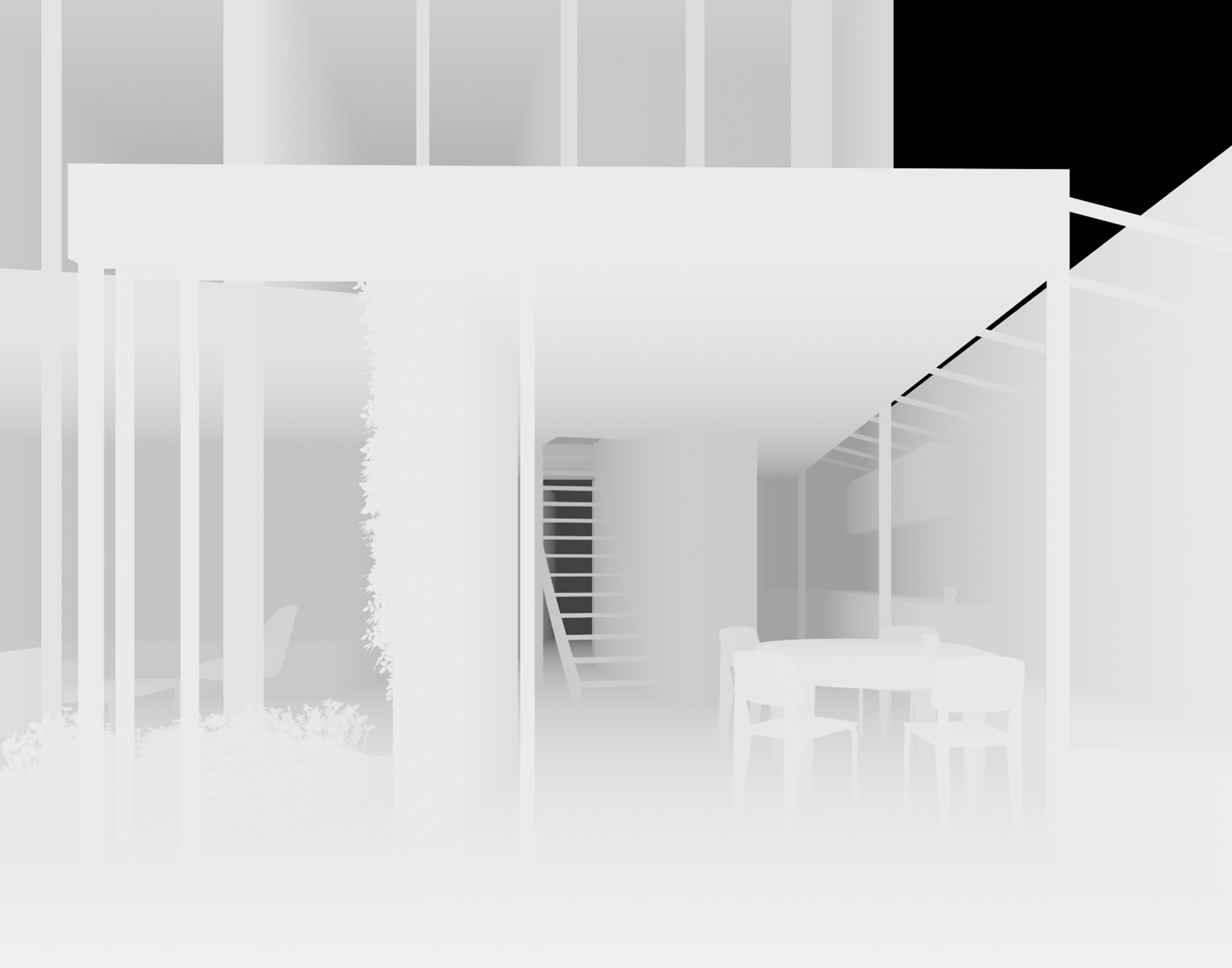
NGV Architecture Commission
RTC Studios
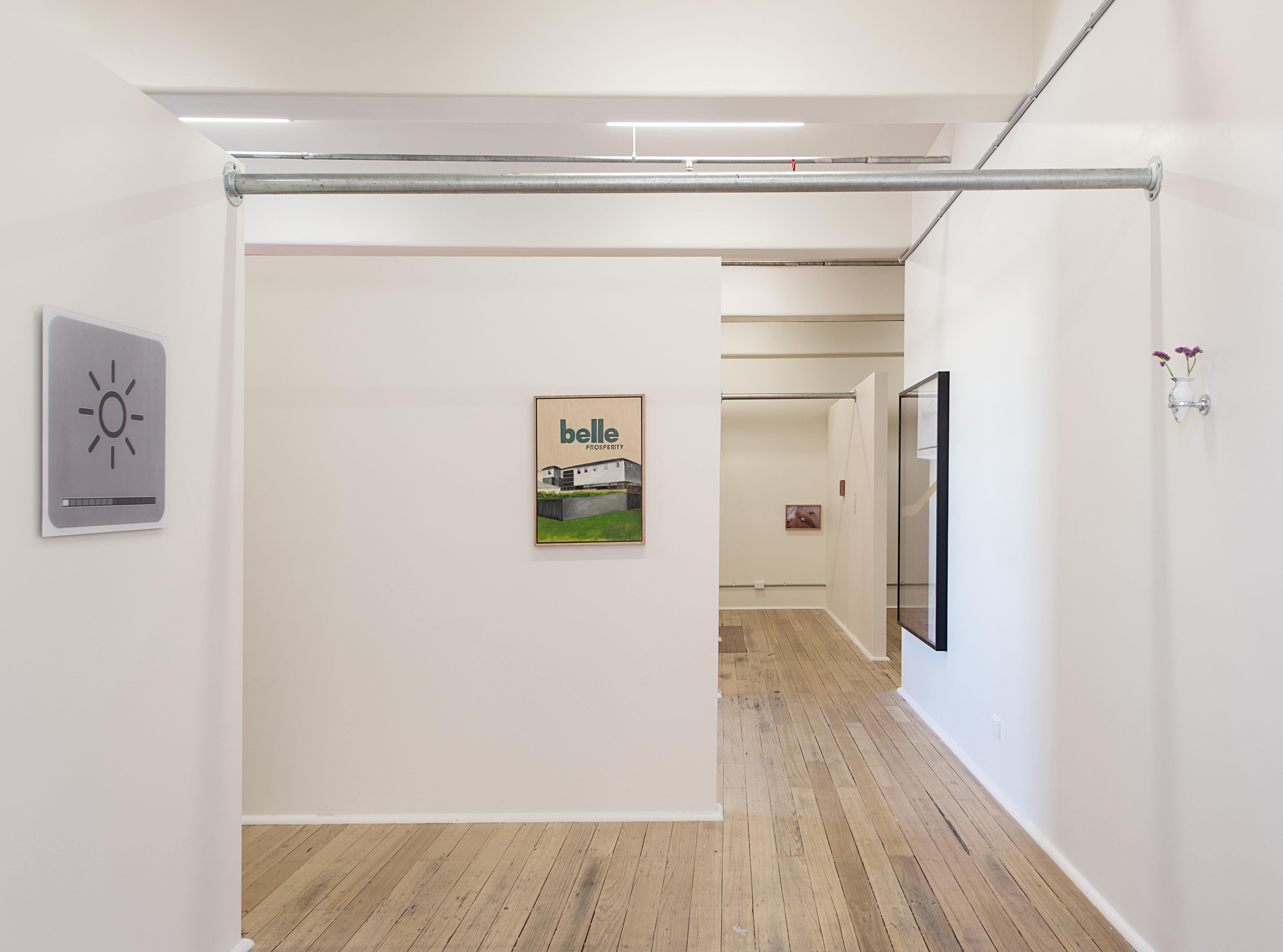
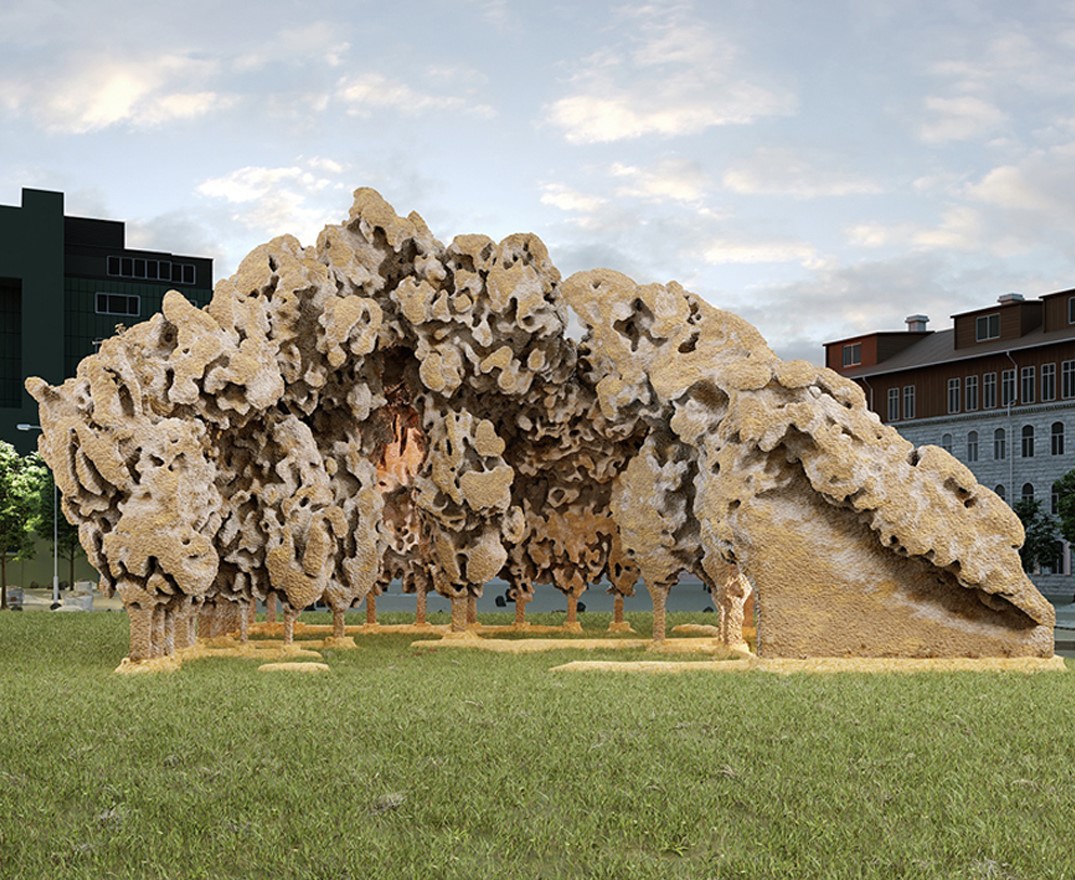
Future Ourselves, Scenes

Counterfactual City

YEAR
20252025
2025
2024-
2024
2024-
2024-
2024-
2024
2023-
2024
2024
2023–
2023–24
2023
2023–24
2023
2022
2023–
2023
2023-
2022–
2022–
2022
2022
2022
2021
2020
2020
TYPE
InstallationExhibition
Exhibition
Residential
Research Report
Research
Studio/Workshop
Gallery
Retrofit
Cafe/Residential
Exhibition
Furniture
Public Infrastructure
Hospitality
Upgrade
Exhibition
Retrofit
Exhibition
Restoration
Multi-Residential
Residential
Masterplan
Exhibition
Exhibition
Installation
Artist Studios
Installation
Exhibition
Research
STATUS
CompleteComplete
Complete
Design
Complete
Ongoing
Design
Ongoing
Unbuilt
Design
Complete
Ongoing
Competition, Shortlisted Entry
Occupied
Design
Complete
Occupied
Complete
Design, Post Planning
Design, Post Planning
Design
Design
Complete
Complete
Competition, Shortlisted Entry
Occupied
Unbuilt
Complete
Complete
Simulaa is an architecture practice based in Naarm, dedicated to both built commissions and research projects. The work of the practice is defined by considered analysis and a research-based approach that prioritises a time-based design thinking that recognises architecture’s inherent entanglement with social, economic, aesthetic, political, and environmental concerns. The practice has a particular interest in reconciling architecture’s relationship with technology, energy, waste, and ecology through critical experimentation. As architects and design professionals we must demonstrate the social and economic advantages of new and better ways of thinking about the built environment. It is critical we re-evaluate and reset our priorities on a more empathetic and resilient path.

Simulaa is an architecture practice based in Naarm, dedicated to both built commissions and research projects. The work of the practice is defined by considered analysis and a research-based approach that prioritises a time-based design thinking that recognises architecture’s inherent entanglement with social, economic, aesthetic, political, and environmental concerns. The practice has a particular interest in reconciling architecture’s relationship with technology, energy, waste, and ecology through critical experimentation. As architects and design professionals we must demonstrate the social and economic advantages of new and better ways of thinking about the built environment. It is critical we re-evaluate and reset our priorities on a more empathetic and resilient path.